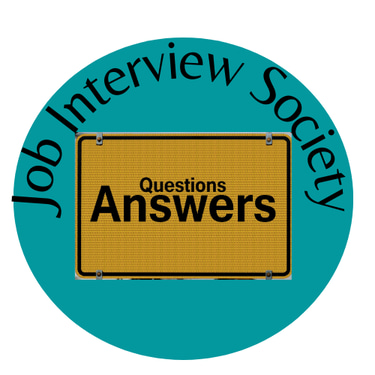Emotional Intelligence: Essential Soft Skill for Job Seekers
Discover why emotional intelligence is a crucial soft skill for job seekers. Learn how it enhances communication, teamwork, and problem-solving in the workplace.
SOFT SKILLS EMPLOYERS WANT
12/1/20241 min read


Understanding Emotional Intelligence
In today’s competitive job market, possessing technical skills alone is not enough to secure employment. Job seekers must also cultivate a range of soft skills, with emotional intelligence (EI) emerging as a critical component. Emotional intelligence refers to the ability to recognize and manage our feelings while also empathizing and understanding the emotions of others. This skill enables individuals to navigate social complexities, foster effective relationships, and make informed decisions.
The Role of Emotional Intelligence in the Workplace
Emotional intelligence plays a vital role in workplace dynamics. Employees with high EI exhibit better communication skills and often display strong leadership qualities, which are highly valued across industries. They are adept at conflict resolution and can manage stress in high-pressure situations, thus contributing to a harmonious work environment. Recruiters consistently seek candidates who can not only perform the tasks required of them but also adapt to team dynamics and contribute positively to the company culture.
Developing Emotional Intelligence as a Job Seeker
For job seekers, developing emotional intelligence is crucial. Candidates should first embark on self-awareness, recognizing their emotional triggers and understanding how their responses impact others. This reflection can be achieved through journaling or engaging in feedback sessions with trusted peers. Additionally, enhancing empathy by actively listening to others and putting oneself in another's situation is essential. Such practices reinforce the skills of negotiation and collaboration, making candidates more appealing to prospective employers.
Furthermore, emotional intelligence can be showcased during job interviews. Candidates can prepare by formulating responses that illustrate their EI capabilities, such as instances where they successfully managed conflict, showed resilience, or contributed to a cohesive team environment. By emphasizing emotional intelligence, job seekers can differentiate themselves from the competition, demonstrating an ability to thrive in a collaborative setting.
In conclusion, as the demand for soft skills intensifies in the workforce, emotional intelligence remains a must-have for job seekers. By understanding, developing, and utilizing EI, candidates not only enhance their employability but also lay the groundwork for a successful and fulfilling career.
